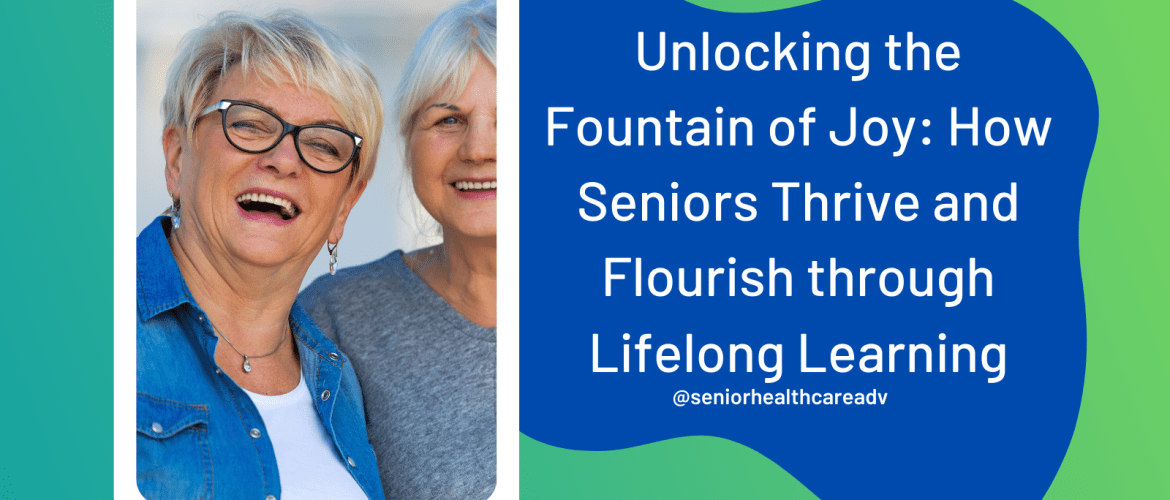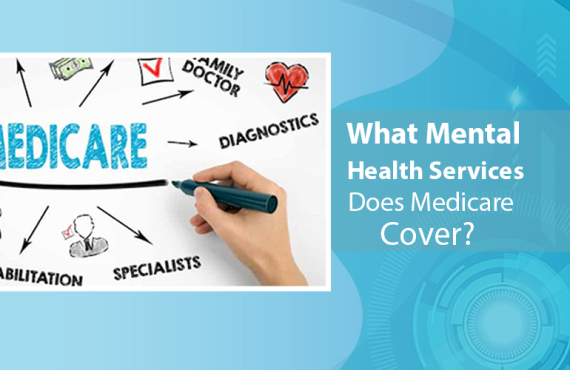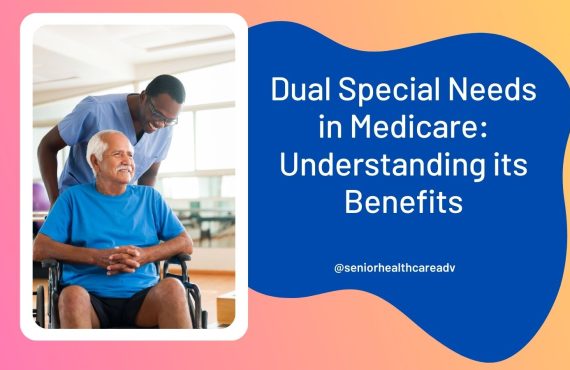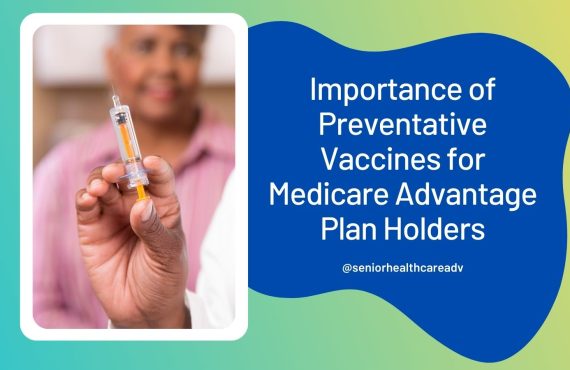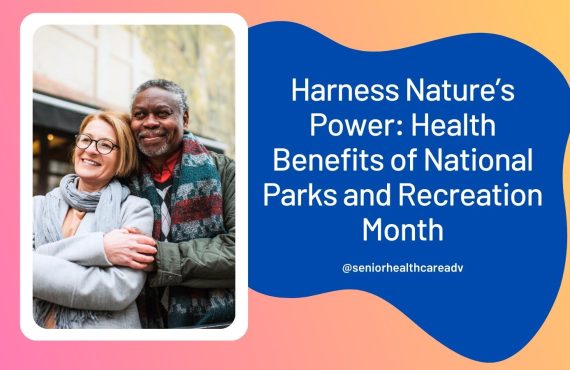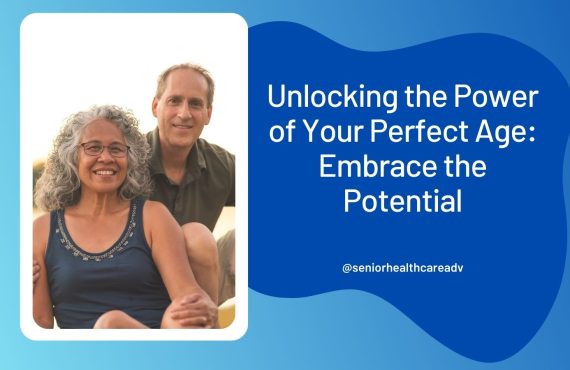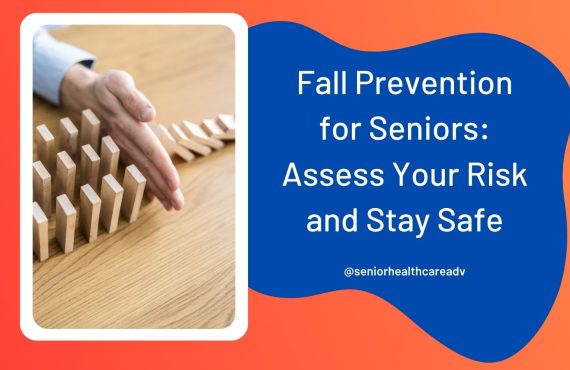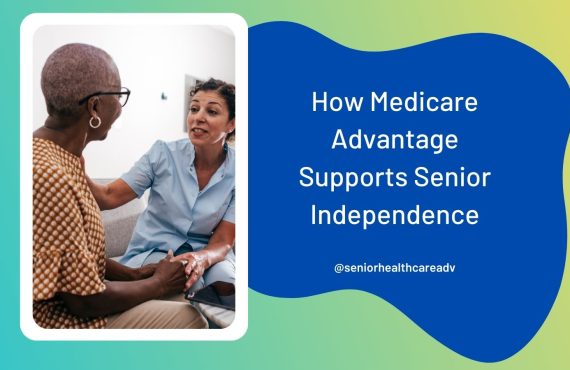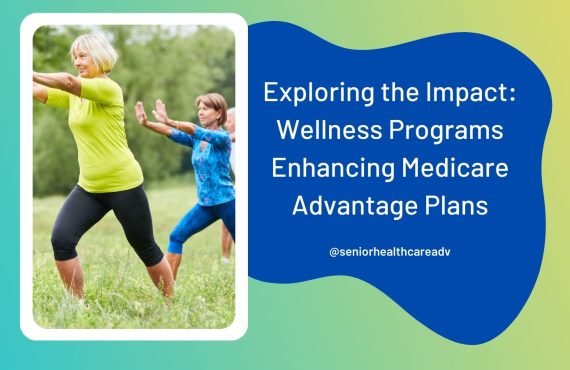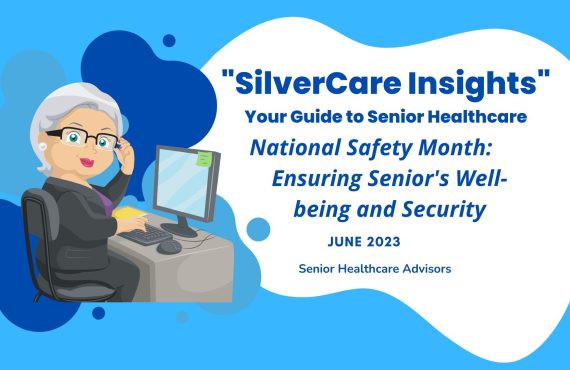Unlocking the Fountain of Joy: How Seniors Thrive and Flourish through Lifelong Learning
That old saying “you can’t teach an old dog new tricks” is far from the truth. It’s never too late to learn new things. You would be surprised at the number of seniors who go back to high school and graduate, get their GEDs, or earn a college degree while they are well into their retirement. These recent senior graduates not only benefit from the knowledge they gain and the mental stimulation that comes with learning while preparing for their classes, but also from the feelings of accomplishment that follow after they have achieved a life-long goal.
Think of it as exercising your mind and your brain! As we age, brain exercises are imperative when it comes to warding off memory loss. Studies on the subject of seniors and brain health revealed that when seniors learn a new skill, such as new technology, playing an instrument, or learning a new language, the connection within their brains is strengthened, which keeps conditions like dementia at bay. It is very helpful to get out there and challenge yourself to try new things and learn new things on a regular basis. Even if you try something simple like using your non-dominant hand to brush your teeth, it can help you enhance your motor skills.
Brain Health and Learning
Brain health is the state of your brain’s functioning across behavioral domains (cognitive, social-emotional, motor, and sensory), allowing you to realize your full potential during the course of your life, irrespective of the absence or presence of disorders.
Different determinants relate to your ability for lifelong learning. Connecting socially, safely, and securely in a healthy environment, are determinants that add to your ability for lifelong learning. Access to competent services also plays a part in how your brain develops, reacts to stress, and adapts and responds to adversity and stress.
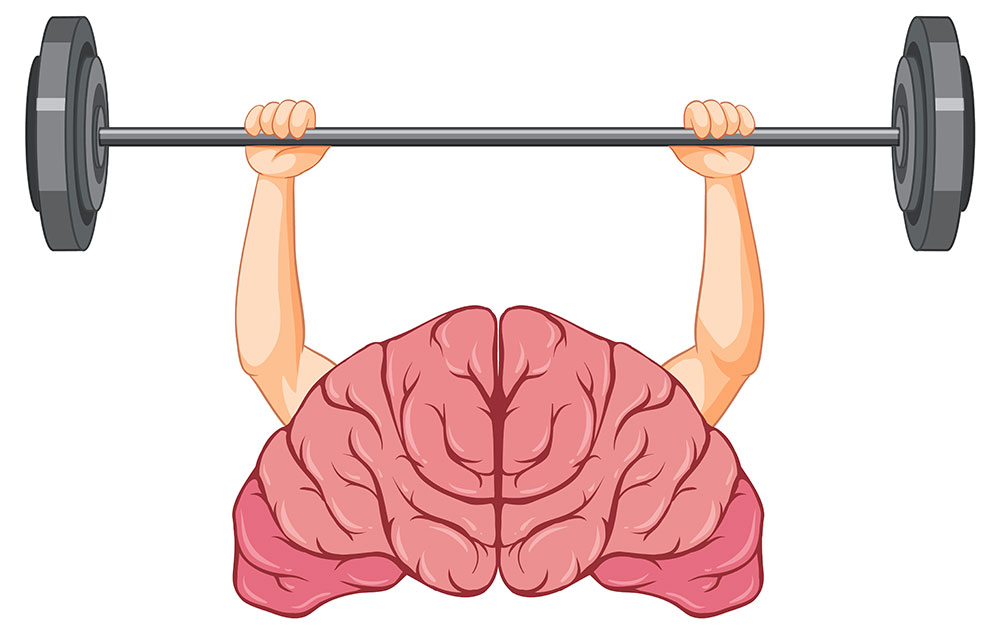
Tips for a Healthy Brain
#1. Get plenty of sleep
Getting enough sleep is very important for your brain’s health. Aim for at least eight consecutive hours, not eight hours interrupted every couple of hours in increments. Sleeping consecutively for eight hours gives your brain time to consolidate and store your memories successfully.
Many seniors suffer from sleep apnea, which is harmful to your brain’s health, and makes it a struggle to get any consecutive hours of sleep. Talk to your health care provider if you think you or a loved one suspects that they or you have sleep apnea.
#2. Stay mentally active
Your brain works like your muscles, “if you don’t use it you’ll lose it!” There are many activities you can do to keep your brain in shape, such as reading, putting together puzzles, doing Sudoku or crossword puzzles, playing cards, and reading. Think of it as a brain workout. Play with all different types of activities to increase your brain’s effectiveness.
Avoid passive activities such as too much TV; it does little to stimulate your brain. There are paid-training programs out there that are not very useful for everyday living, and they overpromise results. Results that you can easily achieve by reading and doing crossword puzzles.
#3. Eat a healthy diet
Your brain’s health depends greatly on what you put into your body. The typical American diet is full of saturated fats and loads of salt, all of which do nothing to support a healthy brain. Consider eating healthy fats like extra-virgin olive oil, dark green leafy vegetables, fish (omega fatty acids), whole grains, and plant-based foods.
Studies have revealed that omega fatty acids are essential for your cells to correctly function, and appear to lower your risk of heart disease, slow down cognitive decline, and increase mental focus in older adults.
#4. Remain socially involved
Remaining socially active will help to ward off stress and depression, both of which contribute to memory loss. Look for ways to connect to friends, extended family members, and other loved ones, especially if you are living alone. Scholarly research reports that social isolation can lead to brain atrophy, so getting out there and connecting socially might have the opposite effect and strengthen your brain.
#5. Exercise regularly
Exercise has a lot of known benefits, and exercising regularly is also beneficial to the brain. Several studies on this topic indicated that individuals who exercise regularly have a lower chance of developing Alzheimer’s disease and undergoing cognitive decline.
Physical activity provides increased blood flow to your brain, and also counteracts some of the decline in brain connections that happens naturally during the aging process. Physical activity can reverse some of these problems.
Try to exercise four to five times per week for at least 30 minutes. You can swim, power walk, play tennis, or do any other moderate aerobic activity that increases your heart rate.
📚 Related: Benefits Of Yoga For Older Adults
For seniors, cognitive skills will even decline, and memory and thinking will become a bit more challenging, so you need to meet that challenge by building up your reserve. Trying a new activity that also requires you to critically think and learn requires continuous practice-one of the best ways to keep a healthy brain.
Boosting Brain Power
These tips are a great way to start your new brain training adventure!
- Decide on one new activity. Spend an efficient amount of attention and time on just one additional activity, so you won’t be distracted by other things you might be interested in.
- Sign up for a course that requires a specific skill, like learning how to play an instrument, painting, or learning a new language.
- Make a written schedule for practice time. Aim for consistency rather than worrying about how much time you practice. Use the time you can, even if it is just 30 minutes, and be firm in your commitment.

Igniting the Mind
#1. Challenging
If you’re hesitant about starting something new, work on improving an activity you already do. For example, if you swim 20 laps, three times per week, commit to focusing on your stroke and increasing the number of laps you do.
#2. Complexity
It is always exciting to learn something new, and it puts your brain to work on specific thought processes like creative thinking and problem solving.
A study discussed in Forbes magazine found that seniors ages 60 to 90 who practiced new and complex activities like quilting and photography for three months and 16 hours per week (approximately 2 hours per day) performed better on long-term memory and working tests than those who worked on activities they were familiar with such as crossword puzzles and reading.
#3. Practice
The level of practice you do requires continuous repetition rather than striving for mega improvements. It is the repetition, not the quest for perfection.
Learning something new and then applying it mindfully will enhance your cognitive functions and also give you years of enjoyment in the future.
Consider signing up for one of the following if it catches your attention:
- Scrapbooking
- Digital photography
- Cooking or baking-maybe like “how to cook a low cholesterol diet”
- Computer or tech classes (smartphone, social media}
- Arranging flowers
Learning new things can boost your mental health and wellbeing. For instance, when you decide to learn a new brain exercise or a new skill, you can build your self-confidence and feel proud of your accomplishment. Also, taking part in something new will provide you with time to look forward to what is next, either the next session or next practice, and furthermore, it will provide you with purpose and meaning in your life.
All of this will demonstrate how to maintain your mental health and stay sharp in your golden years.
For many seniors, loneliness or social isolation can be an issue that causes great worry. If it goes unnoticed, it can happen to those who live alone. Taking part in an activity will provide you with time with like-minded people and will help you rise from negative feelings, which, with practice, will lead to a happier life in your golden years.
***Disclaimer: A Senior Healthcare medical specialist has reviewed this information. It is for educational purposes only and is not intended to replace the advice of your doctor or other health care provider. We encourage you to discuss any questions or concerns you may have with your provider.
[We do not offer every plan available in you’re area. Currently we represent [x]organizations which offer [xxxx] products in your area. Please contact Medicare.gov, [1-800-MEDICARE], or your local State Health Insurance Program (SHIP) to get information on all of your options. [[Senior Healthcare Advisors, LLC,], [in California – SCH Insurance Agency]] represents Medicare Advantage [HMO, PPO and PFFS] organizations [and stand-alone PDP prescription drug plans] that have a Medicare contract.] [Members may receive a monthly or quarterly allowance in the form of a benefits prepaid card to pay for a wide range of approved [groceries] [and] [utilities]. Unused amounts will expire at the end of the month or quarter. Enrollment depends on the plan’s contract renewal.
Not all plans offer all of these benefits. Benefits may vary[The benefits mentioned are a part of special supplemental program for the chronically ill. Not all members qualify.]
[The benefits mentioned are Special Supplemental Benefits for the Chronically Ill (SSBCI). You may qualify for SSBCI if you have a high risk for hospitalization and require intensive care coordination to manage chronic conditions such as Chronic Kidney Diseases, Chronic Lung Disorders, Cardiovascular Disorders, Chronic Heart Failure, or Diabetes. For a full list of chronic conditions or to learn more about other eligibility requirements needed to qualify for SSBCI benefits, please refer to Chapter 4 in the plan’s Evidence of Coverage.]
[Part B Premium giveback is not available with all plans. Availability varies by carrier and location. Actual Part B premium reduction could be lower.
Enrollment in a plan may be limited to certain times of the year unless you qualify for a Special Enrollment Period or you are in your Medicare Initial Enrollment Period.] by carrier and location. Limitations and exclusions may apply.]
[[[Senior Healthcare Advisors, LLC, ], [in California – SCH Insurance Agency]] not connected/endorsed by a government entity.
You also agree to the Terms, Privacy Policy.]] [Part B Premium giveback is not available with all plans. Availability varies by carrier and location. Actual Part B premium reduction could be lower. Enrollment in a plan may be limited to certain times of the year unless you qualify for a Special Enrollment Period or you are in your Medicare Initial Enrollment Period.]


